Learn how our online EDA tool can help you plan rigorous experiments.
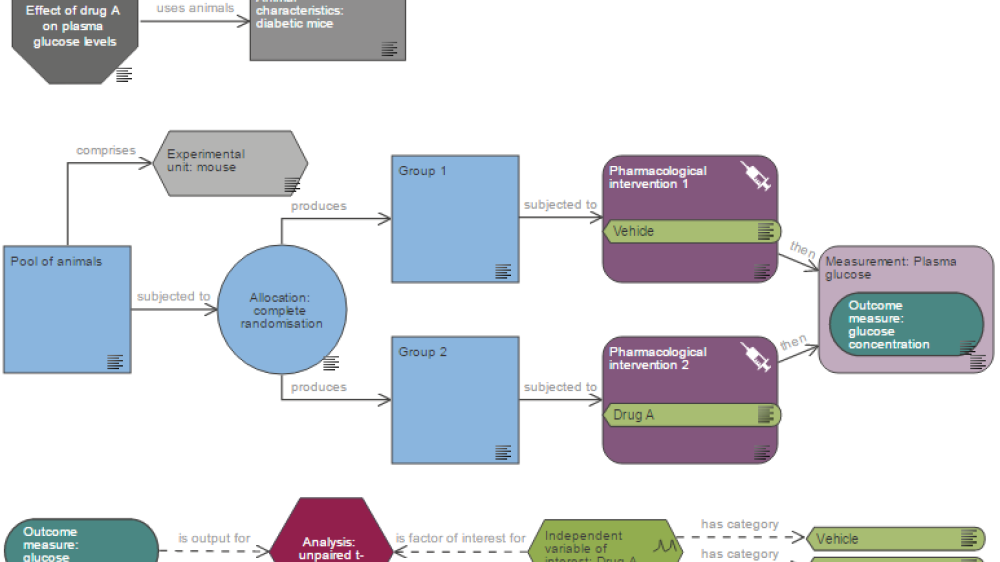
Learn how our online EDA tool can help you plan rigorous experiments.

Winning and highly commended researchers share their work to strengthen the evidence base for replacement technologies at the 3Rs Prize ceremony.

Learn about the winning in vitro method for evaluating hormone potency and the highly commended organ-on-a-chip device to determine liver toxicity.
Guidance on best practices in confirming, archiving and maintaining strains.

Hear about the Prize-winning animal-free tonsil organoid model and the first ever in silico trial for a medical device which was highly commended.

A series of video tutorials to develop skills in the administration of substances and apply best practice in aseptic surgical techniques in rodents.
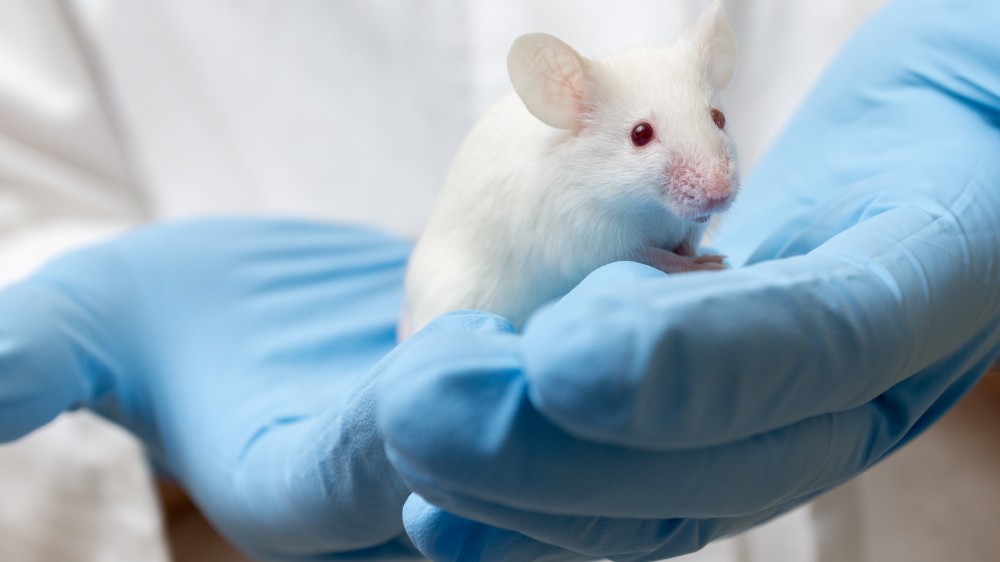
Learn more about the winning work and a highly commended publication to create an ex vivo model of multiple sclerosis, at the online prize ceremony.

Guidance on implementing positive reinforcement training methods.
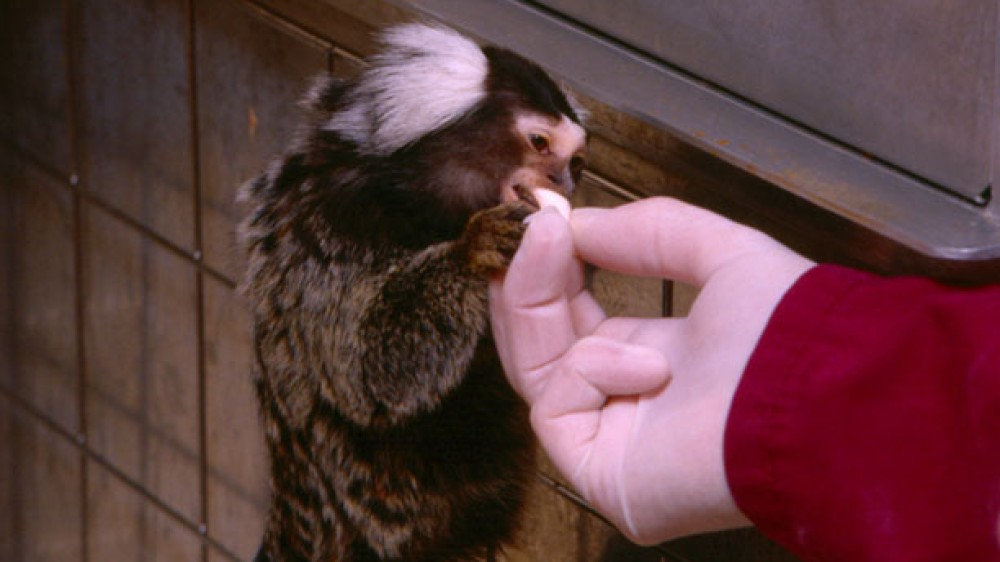
The evidence supporting the use of tunnel and cup handling to improve animal welfare and scientific outcomes (presented at AALAS 2021).
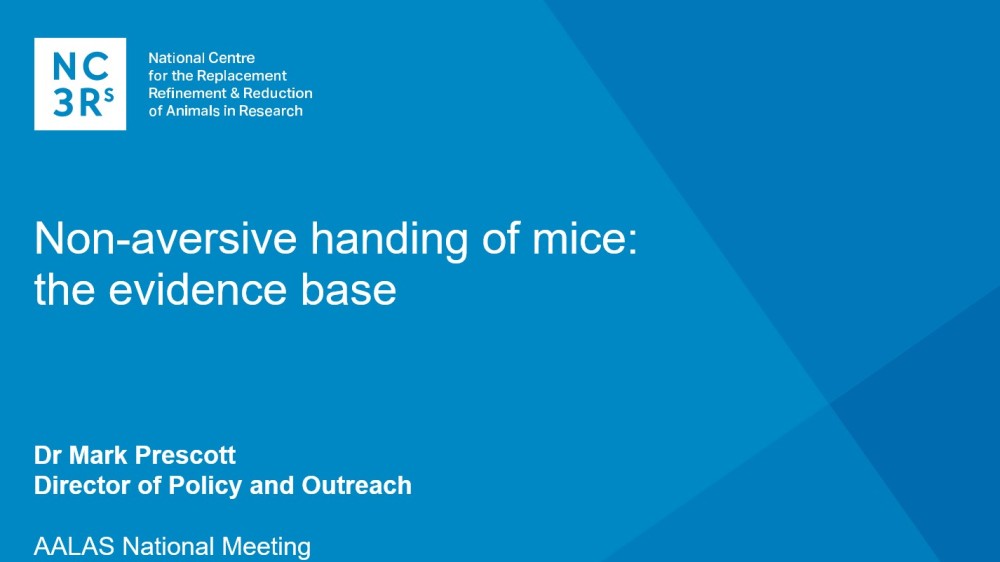
A video to be used for training and education, to improve mouse welfare within a research setting.
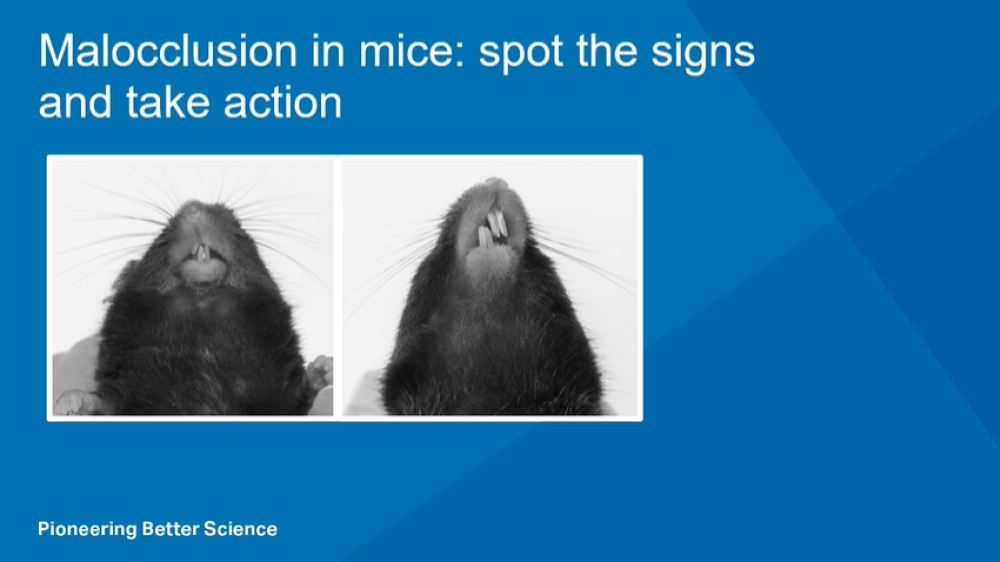
A video resource for introductory training on the 3Rs aimed at in vivo researchers and animal technicians.
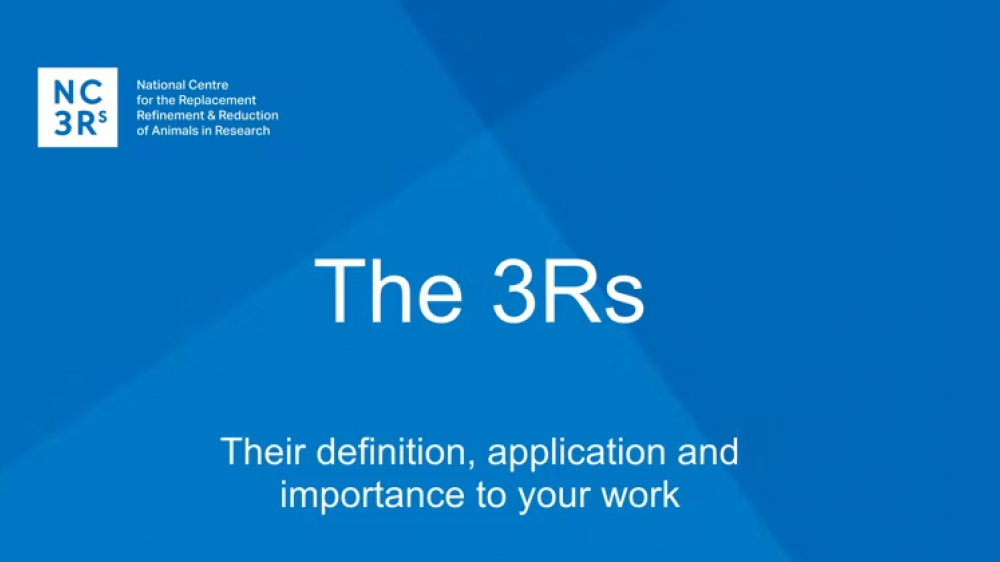
The winning paper has developed organoids to replace mice in many areas of neurological research, with non-animal-derived hydrogels highly commended.

Amanda Novak (Edinburgh) presents advice on good surgical technique and refinements to incorporate into rodent stereotactic surgery procedures.
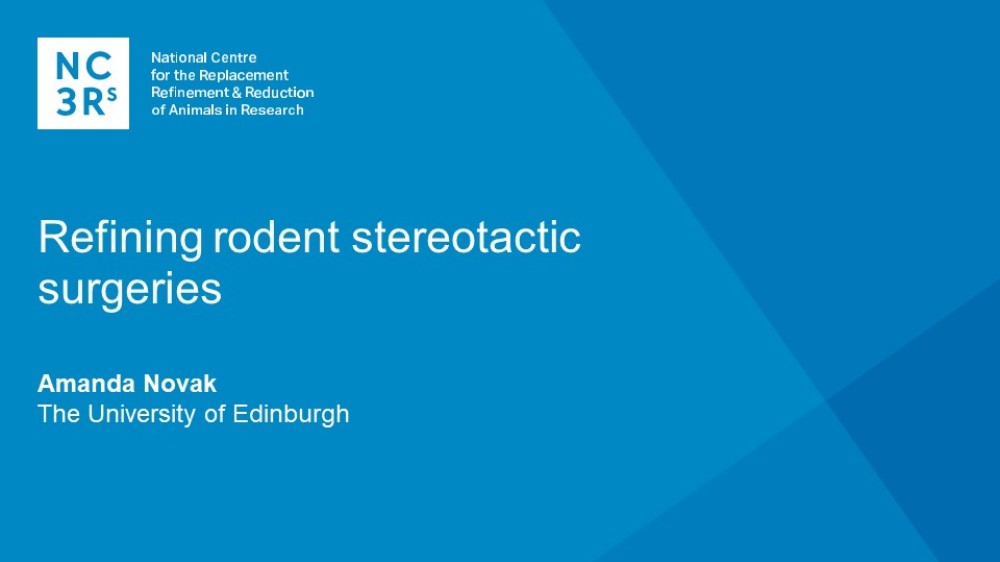
Ways to prevent and manage aggression in laboratory animals, with specific advice for a range of mammalian species.
Promoting an institution-wide commitment to animal welfare.
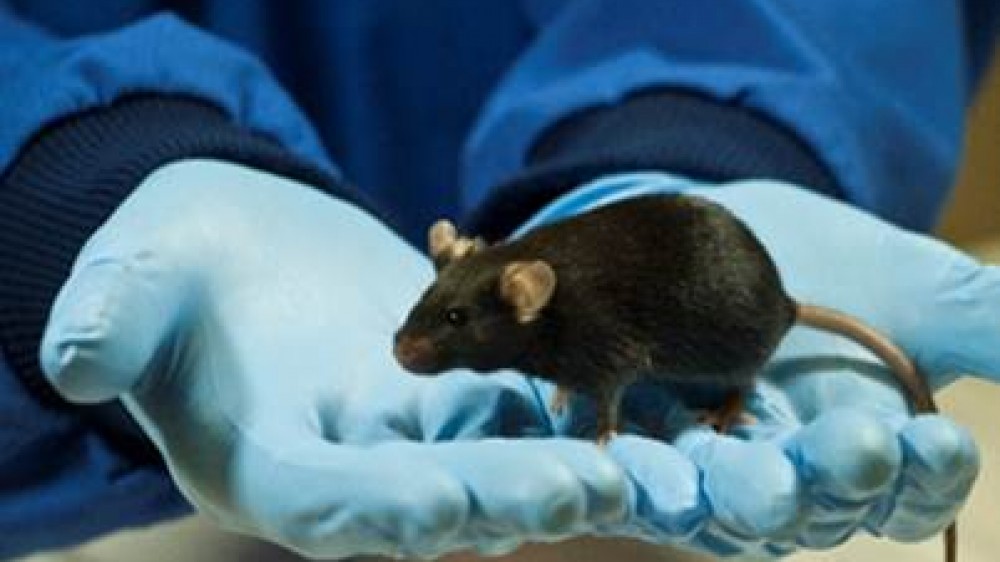
Our approach to ensuring transparency in our work and its outputs.
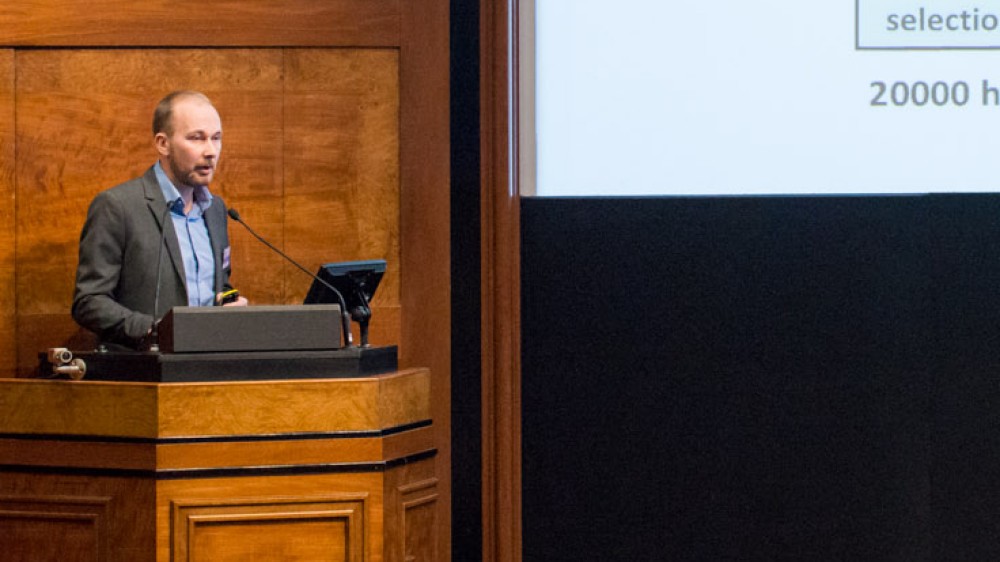
Dr Megan LaFollette (NA3RsC) presents rat tickling as a positive handling technique and provides guidance on putting it into practice.
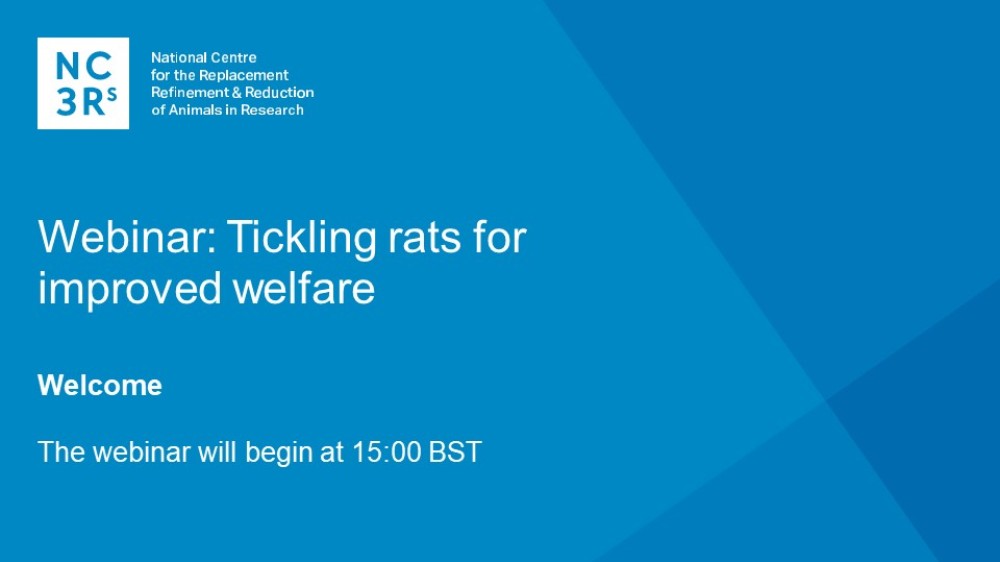
A showcase of organ-on-a-chip research funded by the NC3Rs, highlighting the technology's scientific and 3Rs benefits.
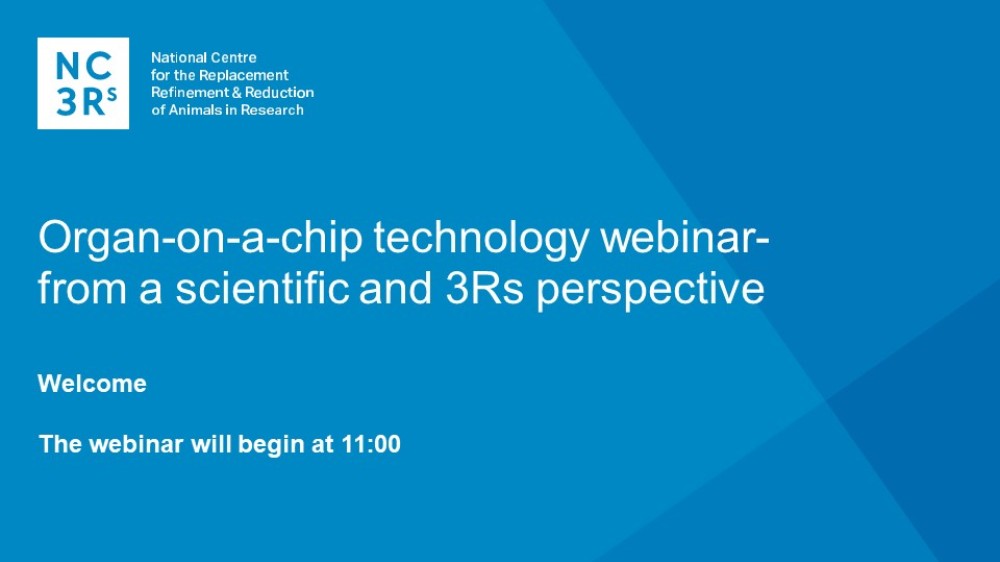
Showcasing our advice and resources designed to help researchers address the 3Rs in animal licence applications. Focused on the UK but applicable
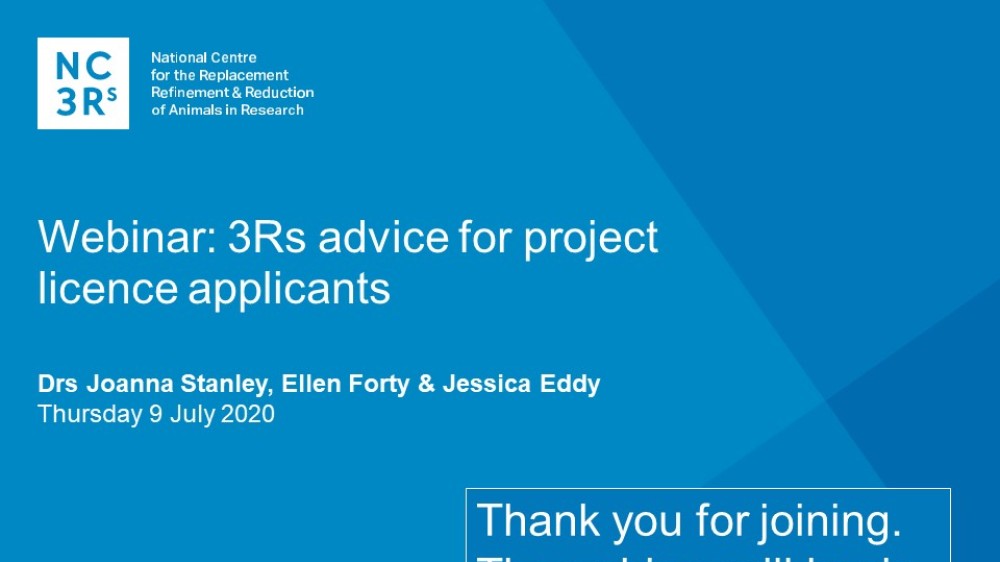
An introduction for early career and postdoctoral researchers, applicable to both in vivo and in vitro experiments.
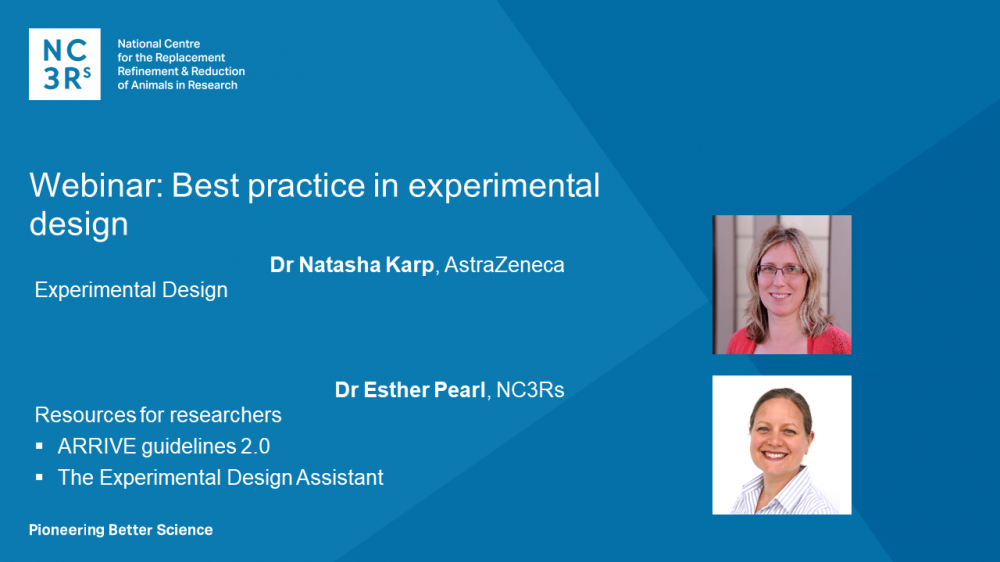
A technique to reduce the number of hens used for poultry red mite trials by up to 99% and a 3D culture that mimics the development of human embryos.

A recorded talk highlighting where bias can be introduced into experiments and the implications for results.
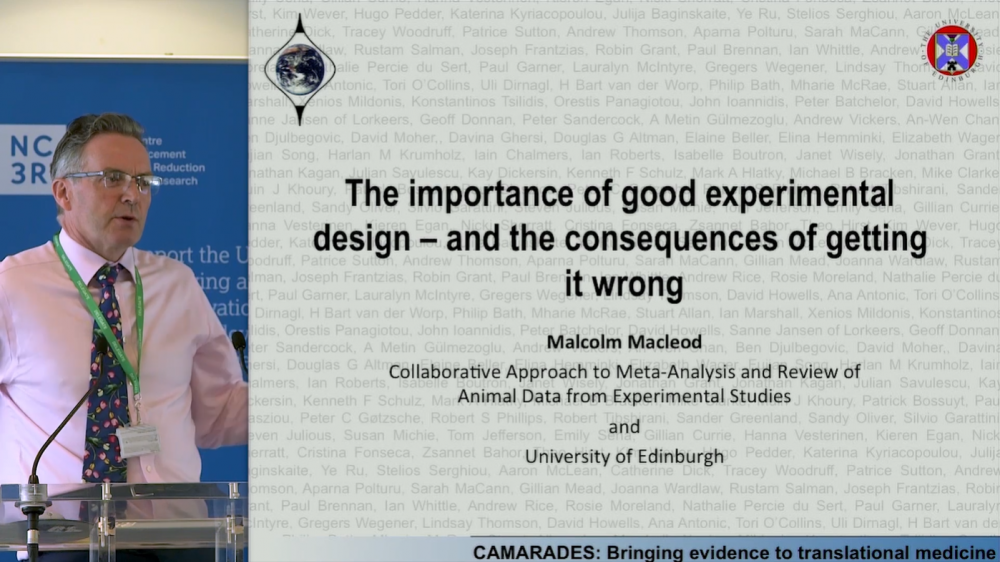
A recorded talk explaining the dangers of underpowered experiments and how good design can increase the chances of finding reliable results.
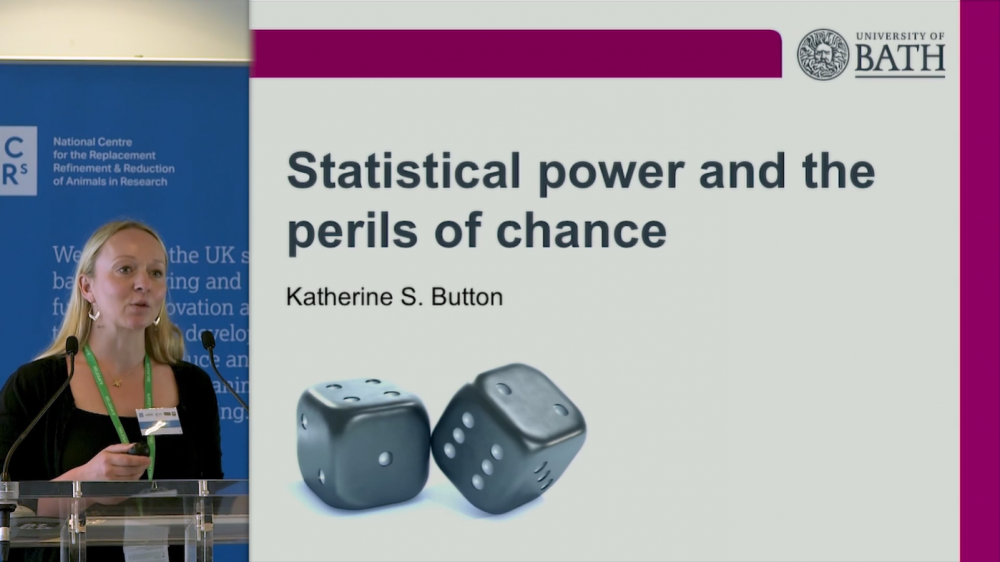
A video overview of common practices in preclinical research, and specific actions that can be taken to improve its robustness.
